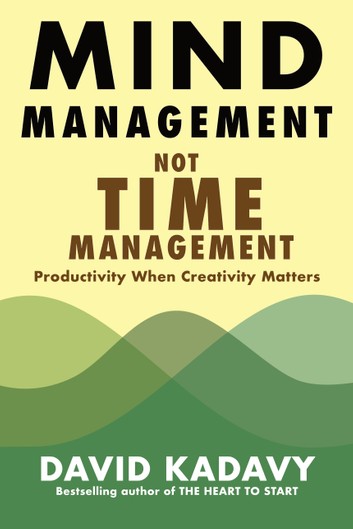
There is a class of Indie author mindset out there that promotes prolific writing, using Kindle Unlimited, launching hard, making sure your Amazon Also Boughts are clean, and writing absolutely to market as the only way to make serious money writing fiction.
I did buy into that approach for a year or so. It seemed like a natural fit for me because I already write fast. A book a month isn’t difficult for me. Although these people are now saying the Amazon 30 day cliff has condensed to a 14 day cliff. It’s a moving target, a game you can’t win, which is one of the reasons why I got out of the KU circus.
Another reason this approach to genre fiction didn’t work for me is that I seem to be unable to write to market. I tried conforming to genre expectations when I first got into KU but even when I’m writing what I think is a perfect, middle-of-the-market story that hits all the genre expectations, I still end up with a story that warps by The End into not-quite-generic.
Despite my inability to write a perfectly generic commercial novel, I still follow the debate about writing to market very closely, because this is my profession and how I pay my bills.
So I was very interested to read the transcript of Joanna Penn’s latest podcast. I don’t have time to listen to slow human speech. I usually scan transcripts instead, because then I can back up and re-read, highlight and take notes.

The April 26th podcast was “Mind Management, Not Time Management With David Kadavy“.
TIP: Depending on when you read this post, the book that inspired the podcast, Mind Management, Not Time Management, is discounted to a couple of USD. I grabbed a copy. I don’t know how long the discount will last–check the book for yourself and see.
So what does this book & podcast have to do with writing to market?
Something Kadavy said in the podcast made me sit up and blink.
The transcript quote is:
Writing to market, writing for KU is ultimately not super secure because we’ve got AI coming. They’re probably going to be able to write books like that. I think it was Neil Gaiman that said, ‘There’s the one thing that you have that nobody else has is you.’
This is an interesting slant on the emerging AI technology, one I had not considered before. I have been watching AI text-to-speech technology grow steadily more sophisticated to the point where it is very close to overtaking human narration, which will make produced audio books defunct.
You can judge how advanced the technology is by the stern refusal of audio book platforms to allow AI narrated books among their ranks.
Text-to-speech tech is this century’s horseless carriages versus trains evolution.
But the other side of that evolution is AI written books. Because AI uses patterns and algorithms, whatever fiction an AI writes cannot be anything but generic.
This means the longevity of your career as a human writer would be better served by you developing your unique voice, stories and concepts, than by trying to write to market. Now is the time to build your readership, one that wants your brand of stories.
Food for thought, hm?
t.

Pingback: Just Start — Let’s Revisit This Idea – The Productive Indie Fiction Writer